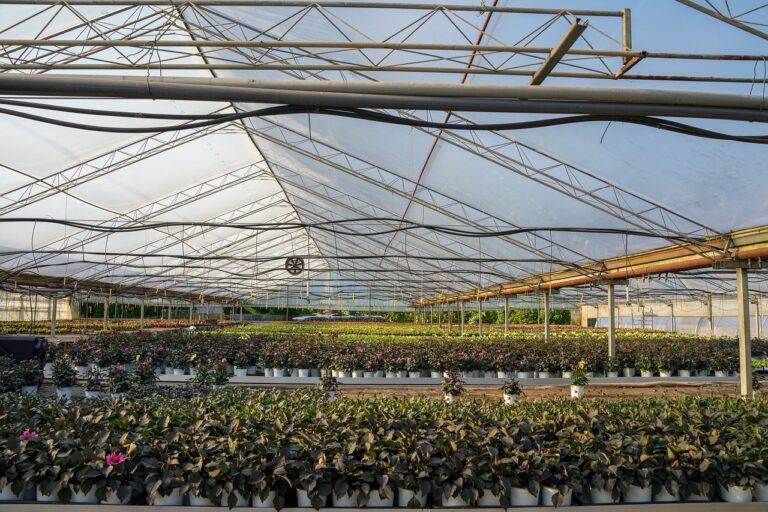Building a Sustainable Supply Chain: Challenges and Opportunities
Sustainability initiatives face numerous hurdles when being integrated into business practices. Companies often struggle with the initial investment required to implement sustainable practices, as they might perceive short-term costs as outweighing potential long-term benefits. Additionally, aligning sustainability objectives with overall business goals can be challenging, especially when traditional profit-driven approaches clash with the broader environmental and societal considerations of sustainability.
Another significant issue is the lack of standardized guidelines or regulations, which leads to ambiguity and inconsistency in sustainability practices across industries. This absence of clear frameworks can make it difficult for organizations to set meaningful sustainability targets and measure their progress effectively. Moreover, the complexity of global supply chains adds another layer of difficulty, making it challenging to trace the environmental and social impact of products throughout their lifecycle.
Current Trends in Supply Chain Sustainability
Among the current trends in supply chain sustainability is the increasing focus on transparency and traceability. Companies are realizing the importance of being able to track their products throughout the entire supply chain to ensure ethical practices and environmental responsibility. This trend is driven by consumer demand for more information about the products they purchase and the desire for companies to showcase their commitment to sustainability.
Another prominent trend is the shift towards circular economy principles in supply chain management. This approach emphasizes reducing waste and maximizing the use of resources through strategies like product reuse, remanufacturing, and recycling. By adopting circular economy practices, companies can not only decrease their environmental impact but also benefit financially by reducing the need for new raw materials and minimizing disposal costs.
The Role of Technology in Sustainable Supply Chains
In today’s rapidly evolving business landscape, technology plays a pivotal role in driving sustainable practices within supply chains. Innovative technologies such as blockchain, Internet of Things (IoT), and artificial intelligence (AI) are transforming the way companies manage their supply chains, making them more efficient and environmentally friendly. These technologies enable real-time tracking of products and materials, enhancing visibility and transparency throughout the supply chain.
Furthermore, technology empowers organizations to analyze data more effectively, helping them identify areas where sustainability improvements can be made. By leveraging big data analytics and machine learning algorithms, companies can optimize transportation routes, reduce energy consumption, and minimize waste generation. This data-driven approach not only improves operational efficiency but also contributes to reducing the carbon footprint of supply chains, paving the way for a more sustainable future.
What are some challenges in implementing sustainable practices in supply chains?
Some challenges include cost barriers, lack of awareness or buy-in from stakeholders, and the complexity of global supply chains.
What are some current trends in supply chain sustainability?
Current trends include increased focus on transparency and traceability, the use of data analytics to optimize supply chain processes, and the adoption of circular economy principles.
How does technology play a role in sustainable supply chains?
Technology can help increase visibility and traceability in supply chains, optimize transportation and logistics processes, and facilitate collaboration and communication among supply chain partners. It can also enable the monitoring of environmental impacts and help identify areas for improvement.







